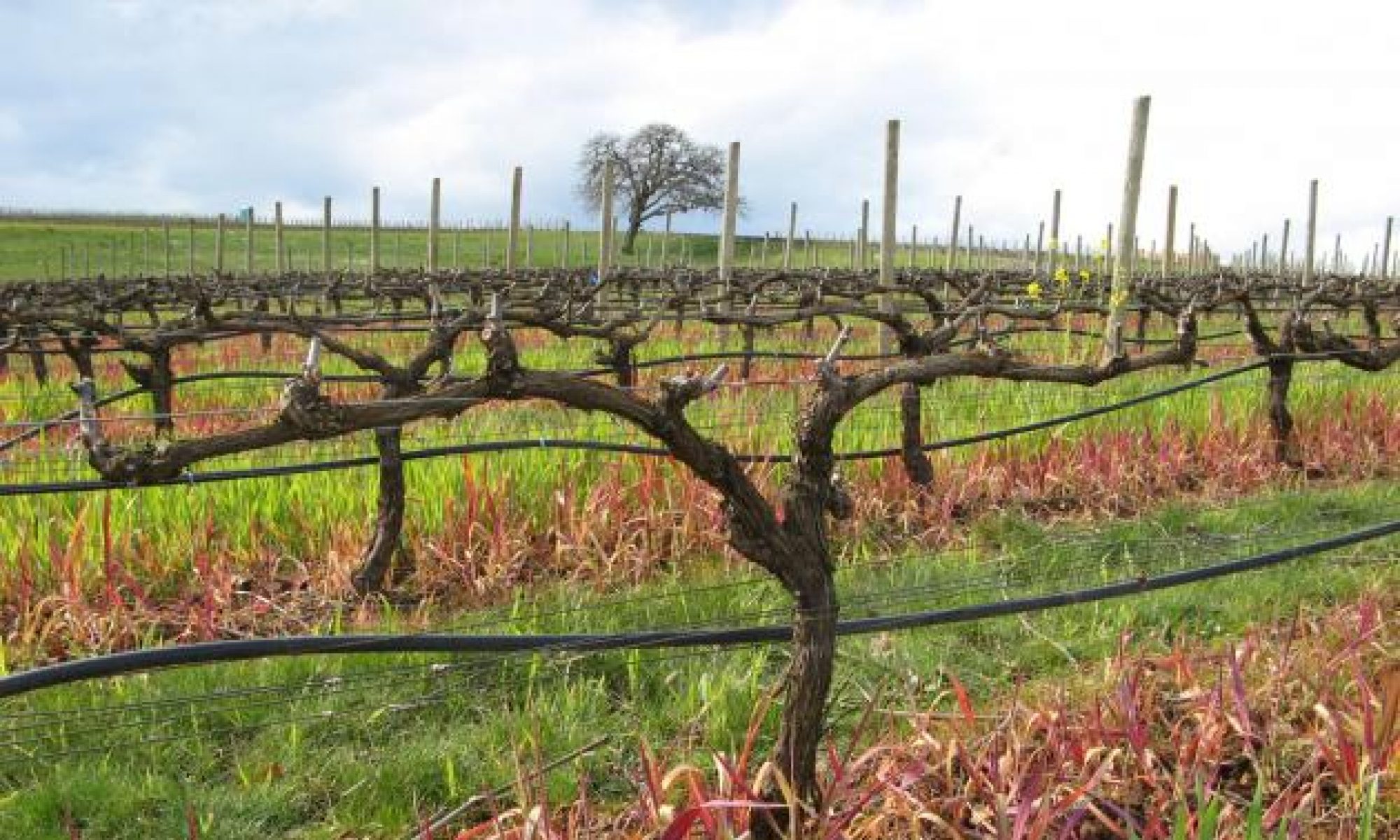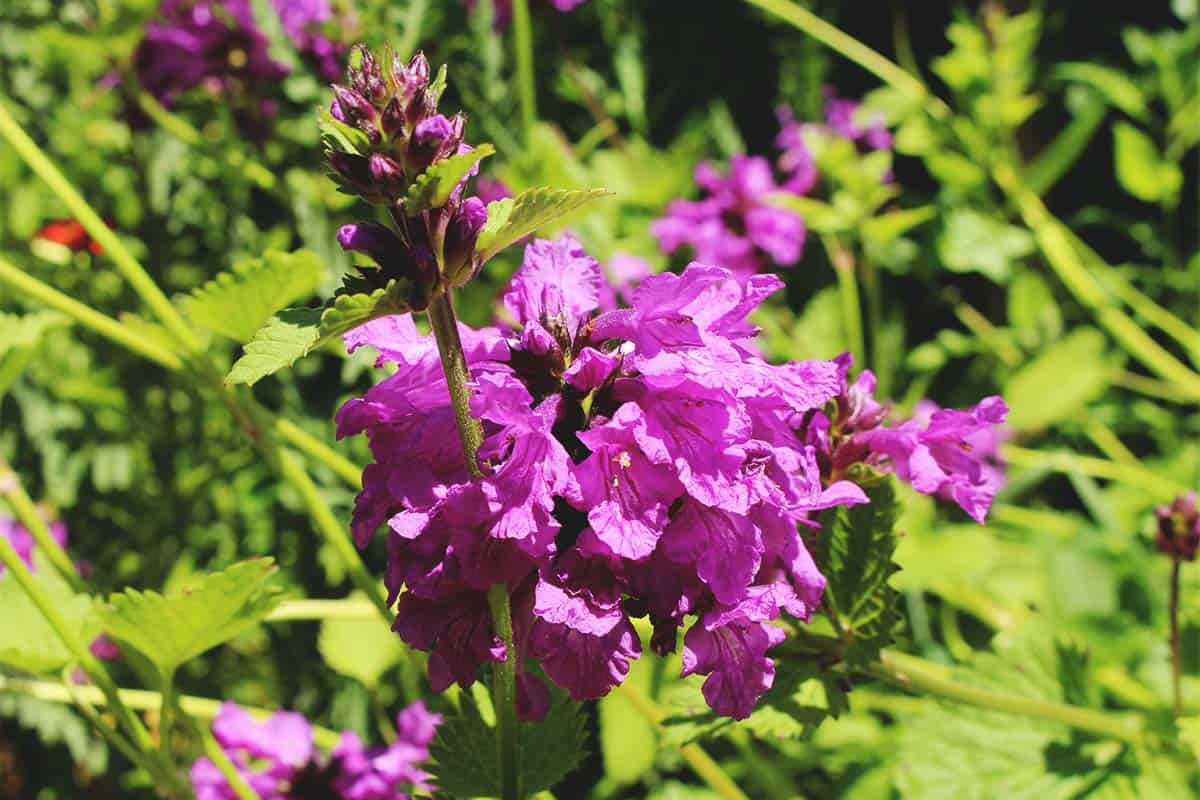Growing Grapes In Georgia: A Comprehensive Guide For Aspiring Vintners
Georgia, with its diverse climate and fertile soil, has become a hotspot for grape cultivation. If you're considering growing grapes in Georgia, you're in for an exciting journey. The region's unique geography provides the perfect conditions for cultivating a variety of grape species, making it ideal for both commercial and personal vineyards. Whether you're a seasoned horticulturist or a beginner looking to dabble in viticulture, understanding the nuances of this process can significantly enhance your success. This guide aims to provide you with the knowledge and tools necessary to embark on this rewarding endeavor.
As more people discover the potential of Georgia's soil for grape cultivation, the industry continues to grow. The state's warm summers and mild winters create an environment conducive to grape growth. With proper care and attention, you can cultivate high-quality grapes suitable for winemaking or fresh consumption. By learning the best practices and techniques tailored to the region, you can maximize your yield and enjoy the fruits of your labor.
From selecting the right grape varieties to mastering the art of pruning and pest control, this comprehensive guide covers every aspect of growing grapes in Georgia. Whether you're planting a small vineyard in your backyard or establishing a commercial operation, the information provided here will help you navigate the challenges and opportunities that come with this rewarding endeavor. Let's dive into the specifics of what it takes to grow grapes successfully in Georgia.
Read also:Unveiling The Identity Who Is The Santa In The Capital One Commercial
Why is Georgia Ideal for Growing Grapes?
Georgia's unique combination of climate, soil, and topography makes it an ideal location for grape cultivation. The state's warm, humid summers and mild winters provide the perfect growing conditions for a variety of grape species. The soil, rich in nutrients and minerals, further enhances the quality of the grapes produced. Understanding these factors is crucial for anyone interested in growing grapes in Georgia.
Additionally, Georgia's location allows for a longer growing season compared to many other regions, giving grapes more time to mature and develop their full flavor profile. This extended growing period is particularly beneficial for varieties that require a longer time to ripen. By leveraging these natural advantages, growers can produce high-quality grapes that are well-suited to a variety of uses, from winemaking to fresh consumption.
What Grape Varieties Thrive in Georgia?
When it comes to growing grapes in Georgia, selecting the right varieties is essential for success. Some of the most popular grape varieties that thrive in the region include Muscadine, Scuppernong, and Concord. These varieties are well-adapted to the local climate and soil conditions, ensuring a higher likelihood of success. Additionally, they are known for their disease resistance, which is crucial for maintaining healthy vines.
Each variety has its own unique characteristics and requirements, so it's important to research and choose the ones that best suit your needs and growing conditions. For example, Muscadine grapes are particularly well-suited to the hot, humid climate of Georgia and are often used in making sweet wines. Scuppernong grapes, on the other hand, are popular for their large size and sweet flavor, making them ideal for fresh consumption.
How to Choose the Right Location for Growing Grapes in Georgia?
Selecting the right location is one of the most critical steps in growing grapes in Georgia. The site should receive ample sunlight, have good air circulation, and be situated on well-drained soil. These factors are essential for promoting healthy vine growth and preventing disease. Additionally, the location should be protected from strong winds and extreme temperature fluctuations, which can damage the vines and reduce yield.
- Ensure the site receives at least 8 hours of direct sunlight daily.
- Choose a location with good air circulation to reduce the risk of fungal diseases.
- Select well-drained soil to prevent waterlogged roots.
What are the Essential Steps for Planting Grapes?
Planting grapes involves several key steps that must be carefully followed to ensure success. Begin by preparing the soil, ensuring it is free of weeds and debris. Next, plant the grape vines at the appropriate spacing, allowing enough room for them to grow and spread. Proper spacing is crucial for air circulation and vine health. Finally, provide adequate support for the vines, such as trellises or stakes, to encourage upward growth.
Read also:Bow Wow Wow Singer A Deep Dive Into The Iconic New Wave Band
How Often Should You Water Grapes in Georgia?
Watering is a critical aspect of growing grapes in Georgia. During the first year, young vines require consistent watering to establish strong root systems. As they mature, the frequency of watering can be reduced, but it's essential to monitor soil moisture levels to prevent both overwatering and drought stress. In general, grapes should be watered deeply but infrequently, allowing the soil to dry out slightly between waterings.
What are the Best Practices for Pruning Grapes?
Pruning is an essential practice for maintaining healthy grape vines and maximizing yield. It involves removing excess growth to direct the plant's energy toward producing fruit. In Georgia, pruning should be done during the dormant season, typically in late winter or early spring. This timing ensures that the vines are not stressed by the pruning process and allows for optimal growth during the growing season.
How to Manage Pests and Diseases in Grape Vines?
Pest and disease management is a crucial aspect of growing grapes in Georgia. Common pests include aphids, mites, and Japanese beetles, while diseases such as powdery mildew and black rot can also pose significant threats. Implementing an integrated pest management (IPM) strategy can help mitigate these issues. This approach combines cultural, biological, and chemical controls to minimize the impact of pests and diseases on grape vines.
What Role Does Soil Health Play in Growing Grapes in Georgia?
Soil health is a fundamental factor in the success of grape cultivation in Georgia. Healthy soil provides the necessary nutrients and minerals for vine growth and fruit production. Regular soil testing can help identify any deficiencies or imbalances, allowing growers to make informed decisions about fertilization and soil amendments. Additionally, practices such as cover cropping and composting can improve soil structure and fertility, further enhancing grape production.
What Are the Benefits of Organic Grape Growing in Georgia?
Growing grapes organically in Georgia offers numerous benefits, both for the environment and the quality of the grapes produced. Organic methods focus on sustainable practices that promote soil health, biodiversity, and ecosystem balance. By avoiding synthetic chemicals, organic grape growers can produce grapes that are free from harmful residues, appealing to consumers who prioritize health and environmental stewardship. Furthermore, organic certification can add value to the grapes and open up new market opportunities.
What Harvesting Techniques Are Best for Grapes in Georgia?
Harvesting grapes at the optimal time is essential for ensuring the best flavor and quality. In Georgia, the harvest season typically begins in late summer or early fall, depending on the variety. Grapes should be harvested when they reach their peak ripeness, as determined by factors such as sugar content, acidity, and flavor. Hand-harvesting is often preferred for its precision and care, but mechanical harvesting can also be used for larger operations.
What Are the Economic Opportunities in Growing Grapes in Georgia?
Growing grapes in Georgia presents numerous economic opportunities for both small-scale and commercial growers. The demand for locally grown grapes continues to rise, driven by the growing popularity of Georgia wines and the increasing interest in sustainable agriculture. By tapping into these markets, growers can generate significant income while contributing to the state's agricultural economy. Additionally, agritourism offers another avenue for revenue, as vineyards can attract visitors for tastings, tours, and events.
How Can You Market Your Grapes Successfully?
Marketing your grapes effectively is crucial for maximizing profitability and reaching your target audience. Develop a strong brand identity that highlights the unique qualities of your grapes and the story behind your vineyard. Utilize social media, local markets, and partnerships with wineries and restaurants to promote your products. By building relationships with customers and stakeholders, you can create a loyal following and establish a successful grape-growing business in Georgia.
Conclusion: Embrace the Art of Growing Grapes in Georgia
Growing grapes in Georgia is a rewarding endeavor that combines science, art, and passion. By understanding the unique conditions of the region and implementing best practices, you can cultivate thriving grape vines that produce high-quality fruit. Whether you're growing grapes for personal enjoyment or commercial purposes, the journey is filled with opportunities for learning and growth. Embrace the challenge, and discover the satisfaction of producing your own grapes in the heart of Georgia.
Table of Contents
- Why is Georgia Ideal for Growing Grapes?
- What Grape Varieties Thrive in Georgia?
- How to Choose the Right Location for Growing Grapes in Georgia?
- What are the Essential Steps for Planting Grapes?
- How Often Should You Water Grapes in Georgia?
- What are the Best Practices for Pruning Grapes?
- How to Manage Pests and Diseases in Grape Vines?
- What Role Does Soil Health Play in Growing Grapes in Georgia?
- What Are the Benefits of Organic Grape Growing in Georgia?
- What Harvesting Techniques Are Best for Grapes in Georgia?


